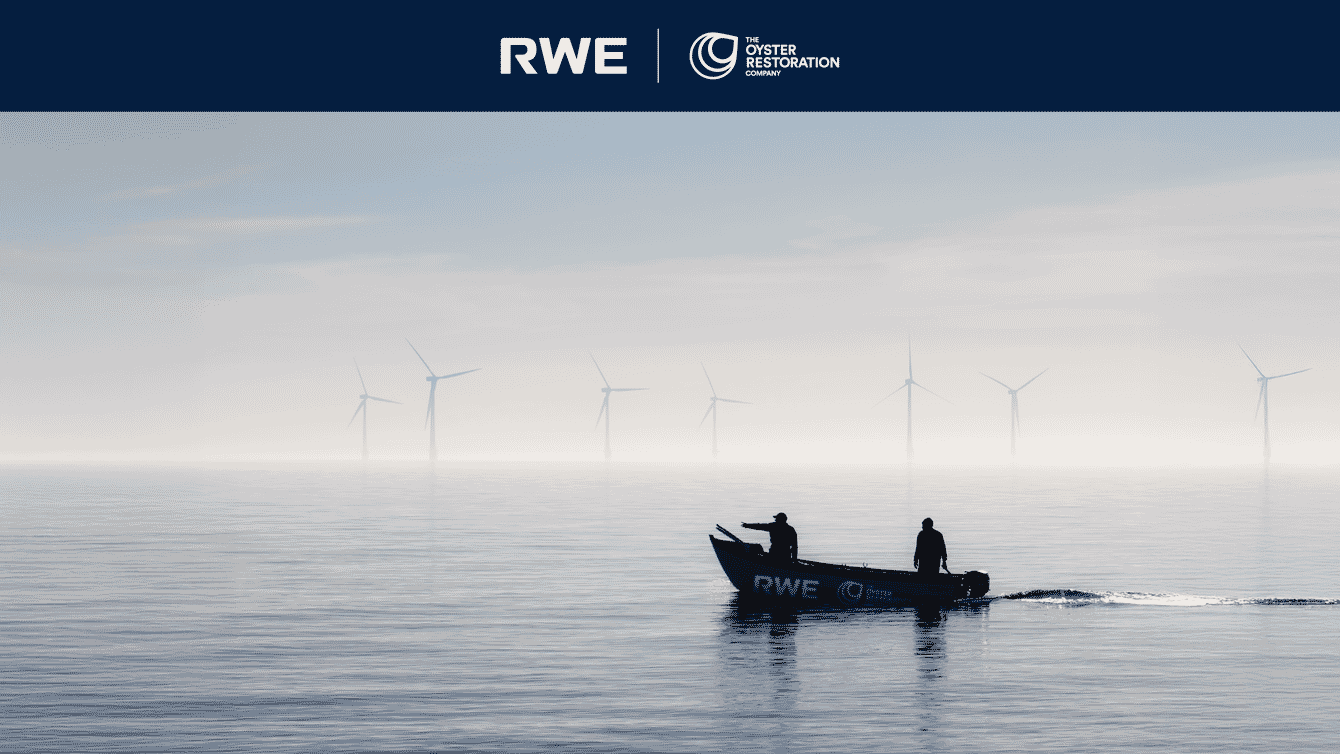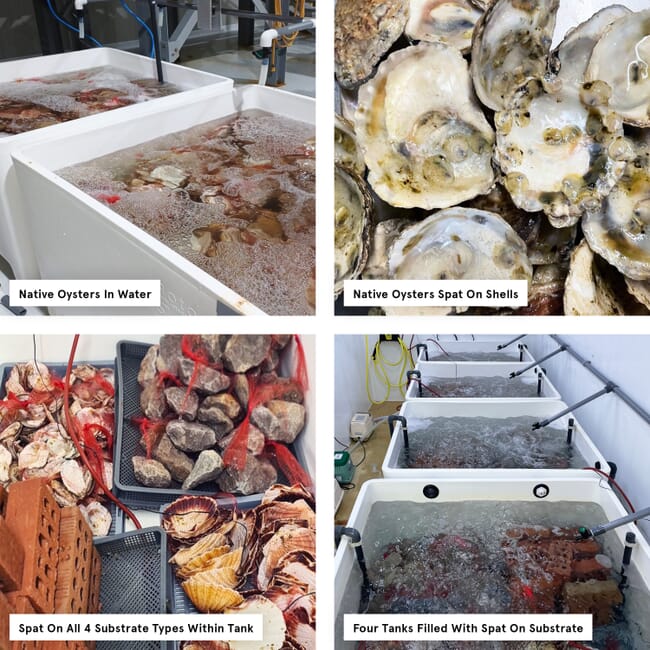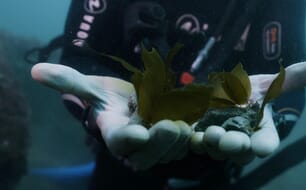
RWE, one of the United Kingdom’s leading energy generators and The Oyster Restoration Company (TORC) have successfully completed a feasibility programme that proves large-scale native oyster reef restoration can be executed inside offshore wind farms across European waters. This is a step forward for offshore wind developers that are seeking credible, scalable and verifiable biodiversity solutions at large scale.
Over the six months of the feasibility testing, RWE and TORC jointly developed: substrate testing and ecological assessments, reef-base engineering solutions and the evaluation of deployment logistics, the analysis of the permitting and regulatory pathways and the blueprint for a monitoring and verification framework.
“The question is no longer if we can restore oysters at scale offshore. Together with RWE, we’ve combined hatchery capacity, engineering know-how, and science to deliver a pathway for measurable biodiversity gain. Practically, affordably and now,” said Nik Sachlikidis, chief executive officer of The Oyster Restoration Company, in a press release.
Flat oysters are an important species as they can create reefs that provide food and breeding grounds for many other species. Due to the harmful impacts of factors such as overfishing, pollution and parasites, only 5 percent of the pre-industrial population remains across the North Sea. This project is a research initiative carried out at TORC’s hatchery in Scotland with the aim of evaluating different natural and artificial hard substrates – such as shells or bricks – and deciding which could be deployed to maximize the creation of new reefs.
“By acting early, RWE is increasing its preparedness for contributing to benefit marine biodiversity in relation to offshore wind projects. What we have accomplished with The Oyster Restoration Company sets the basis to speed up the deployment process, and provides a tool to facilitate the engagement with all the relevant stakeholders,’’ said Umberto Binetti, marine biodiversity expert at RWE.
The lessons from this project are expected to support Offshore Wind’s ambitions to contribute to the restoration of important marine habitats across wide areas of the North Sea in the UK and beyond. These efforts are key to driving progress towards Offshore Wind’s target of achieving a net-positive contribution to biodiversity.

© RWE



